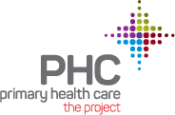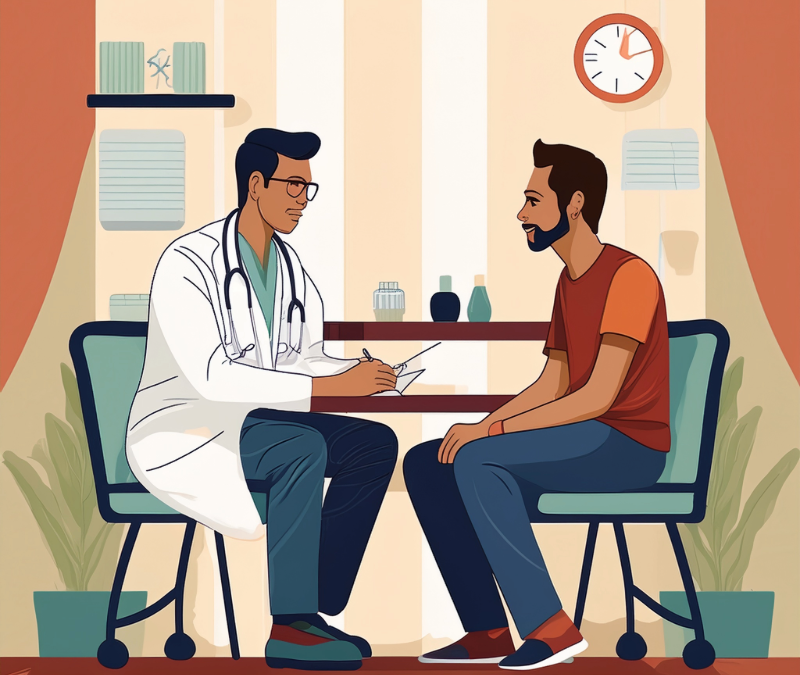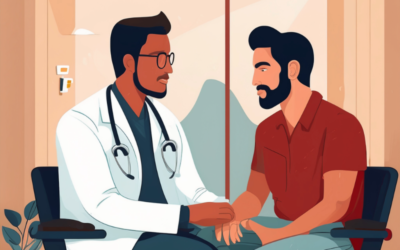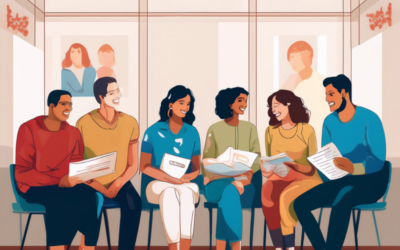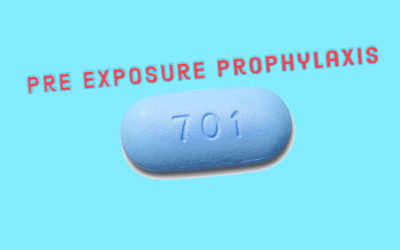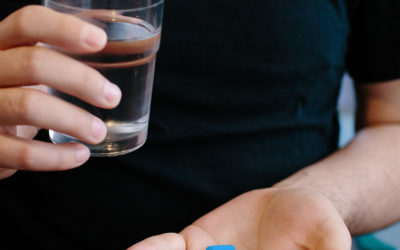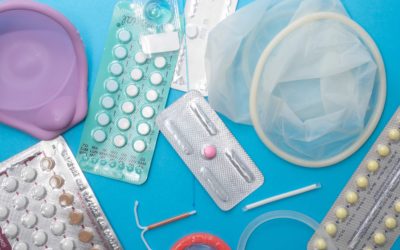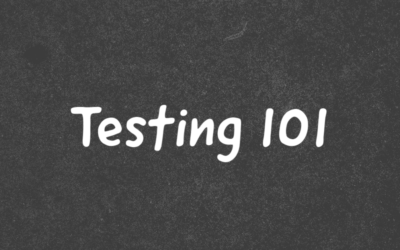Why Should I Get Tested for HIV?
The only way to know if you have HIV is to get tested. You can’t tell by how you feel or how someone else looks. People with HIV often don’t have symptoms for years — but the virus can still hurt their body and be passed to others.
Getting tested means:
- You can get peace of mind if you’re negative.
- You can start treatment early if you’re positive — and stay healthy.
Who Should Get Tested?
The CDC says:
- Everyone ages 13 to 64 should get tested at least once.
- If you’ve had sex without a condom, have more than one partner, or share needles — you should get tested more often.
- Pregnant? Testing is a normal part of prenatal care.
If you’re not sure whether you need a test, it’s always okay to ask your doctor or a health care provider.
What is the Test Like?
Most HIV tests are:
- Quick (some take 20 minutes or less)
- Easy (just a small amount of blood or a cheek swab)
- Private (you can get tested at a clinic, a doctor’s office, or even at home)
Some tests show results right away. Others might take a few days if they’re sent to a lab.
Is it Free?
Many clinics offer free or low-cost testing, including right here at The Project at PHC. You don’t need insurance, and we welcome everyone.
Where Can I Get Tested?
You can:
- Visit phctheproject.org to schedule a test with us
- Go to your doctor’s office
- Find a local testing site at hiv.gov/locator
Learn The Basics
Living Well with HIV: Staying in Care Matters
Taking your HIV meds every day and staying in care helps you live a long, healthy life. Learn how to stay on track with support from The Project.
Tested Positive for HIV — What Happens Next?
Testing positive for HIV can feel scary, but treatment works. Learn how HIV medicine helps you live a long, healthy life.
What is HIV? (And Why It’s Important to Know)
Learn the basics about HIV — what it is, how it spreads, and why getting tested matters.
What to Expect at Your First HIV Care Visit
What to Expect at Your First HIV Care Visit Starting HIV care is an important step in managing your health and living well with HIV. At The Project at Primary Health Care, we’re here to make your first visit as comfortable and informative as possible. Here’s what you...
How to Get PrEP at the Project of Primary Health Care
Thinking about PrEP? Want to know how to get on PrEP? Here are some basic information you’ll need.
Rapid Start PrEP
Last month, the Prevention and Clinical teams at the Project launched “Rapid Start PrEP,” an easy way to start your journey to preventing HIV. PrEP (pre-exposure prophylaxis) is a medication treatment that when taken as directed can prevent HIV by about 99%. It is the single most effective intervention for preventing HIV for people who are HIV-negative.
Common questions about getting tested for HIV/STIs
Getting tested for HIV and other STIs can be scary, but it doesn’t have to be. At The Project we do everything we can to help you feel comfortable and relaxed. Below we have compiled the answers to many of the questions people come to us with before or after their...
Condom Myths and Facts
When looking up information about sex and condoms it can be hard to know what is true, and what is just an urban legend. In honor of National Condom Week, we put on our Mythbusters hats and debunked some condom myths. Condom Myth #1: Size doesn't matter FACT: Using...
Testing 101
Have you been thinking about getting tested for HIV and/or other STI’s but don’t know what to expect? Maybe it’s been awhile and you’re getting cold feet. That’s ok. Here at the Project we are here to help you feel comfortable and relaxed. Here are just a few insights into how our testing appointments work.
